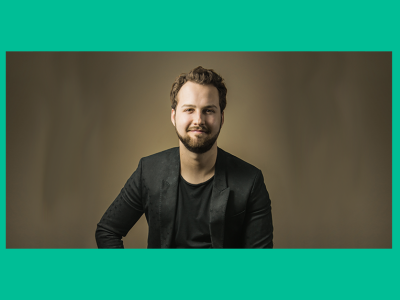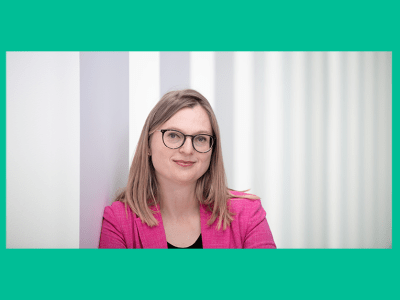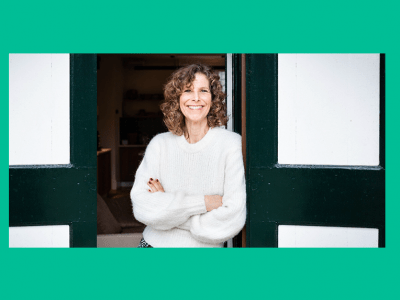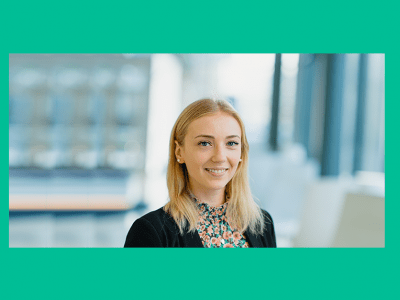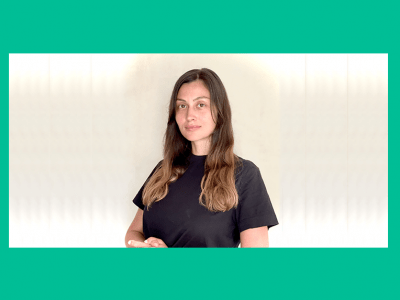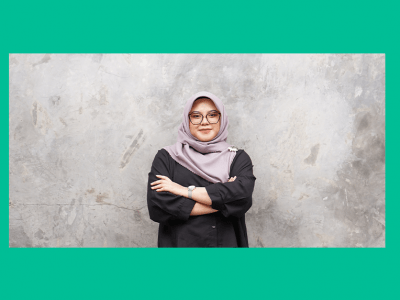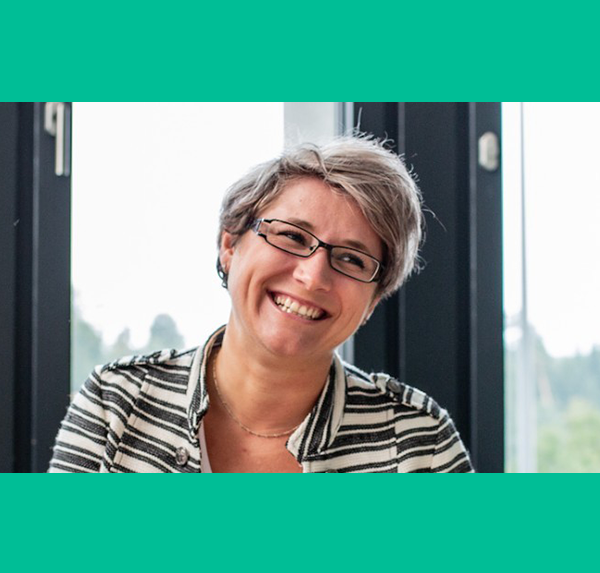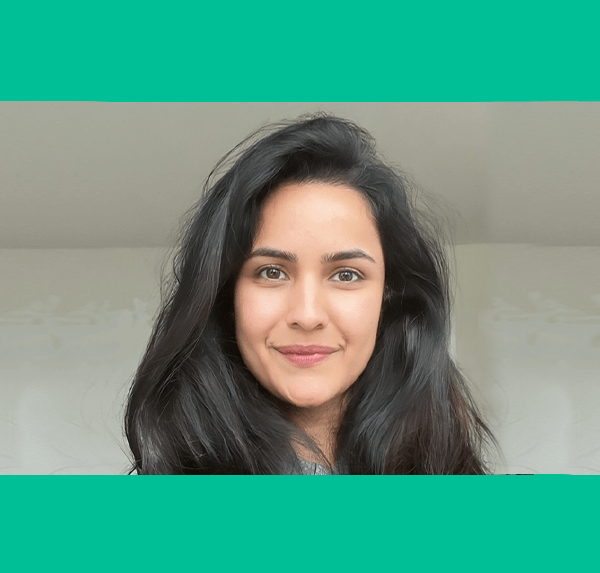EU Alumnus Michael Mihut, Evaluation and Programme Management Officer at WHO
EU alumni Michael Mihut is a Planning, Evaluation and Programme Management Officer at the World Health Organization (WHO). He graduated from EU’s Online campus with an MBA in 2015, having already earned the title of Doctor of Medicine in 1997. Originally from Romania, he has also lived in Canada and now lives and works in Switzerland. He speaks Romanian, French, English, a bit of Spanish and Italian. Outside of work he loves music and is interested in history, photography, continuous improvement and research ethics.
Michael spoke to us candidly about his experiences undertaking his MBA at EU Business School, his career, passions and what it’s like to work for the WHO.
What made you decide to pursue your MBA?
I had already accumulated significant experience managing various departments in the private sector before joining the WHO. To satisfy my desire to further advance my knowledge in the field of international business and management, and to better help my organization, I decided to pursue the online MBA at EU Business School.
You got your MBA after you had already started working at the WHO, how did that affect your perspective?
Having worked both in the private and public sector, I found it interesting to look back and see how the things I was learning applied to each of those fields. I found many answers in the MBA curriculum that helped address questions and issues that I encountered in my work.
How did studying at EU help you on your career path?
The knowledge I acquired provided me with the right tools to expand my work in finance and external relations and taught me to better manage projects and programs. For me, advancing on a career path does not necessarily mean being promoted to a higher position. It also means expanding your abilities, trying new things, training others to use new tools and methods and, above all, making the organization a better place.
You studied online while working, how did you find balancing work with study?
When I graduated, my boss told me jokingly “I am glad you finished, I thought you might die [from studying alongside my work].” It was very demanding on my time and energy as I chose to do it in one year, not two, but I would do it again. Once I finished, I was happy to be able to go back to the gym and do the other activities I’d had to suspend during my MBA.
Did you always want to work for the WHO?
You’ve worked as a doctor and with pharmaceuticals. What made you make the jump to an NGO?
When I was in medical school, my dream was to work doing medical research that would bring new tools to marginalized communities. At that time, there were large populations who did not have easy access to effective treatments and prevention, and I wanted to change that. So, parallel to my clinical career, I started to work in research in the pharma and biotech sectors, initially as a hobby, eventually making it my full-time occupation. I learnt a lot while working for some very innovative companies in biomedical research and took that expertise to the public sector with my next career move. In the private sector, leaders often had a product or business first approach. My role as director of quality was to impose a people and patient first approach. Joining the WHO, the United Nation’s agency for public health, brought me to a place where I can contribute to positive change for marginalized communities, so in a way, I am fulfilling a dream.
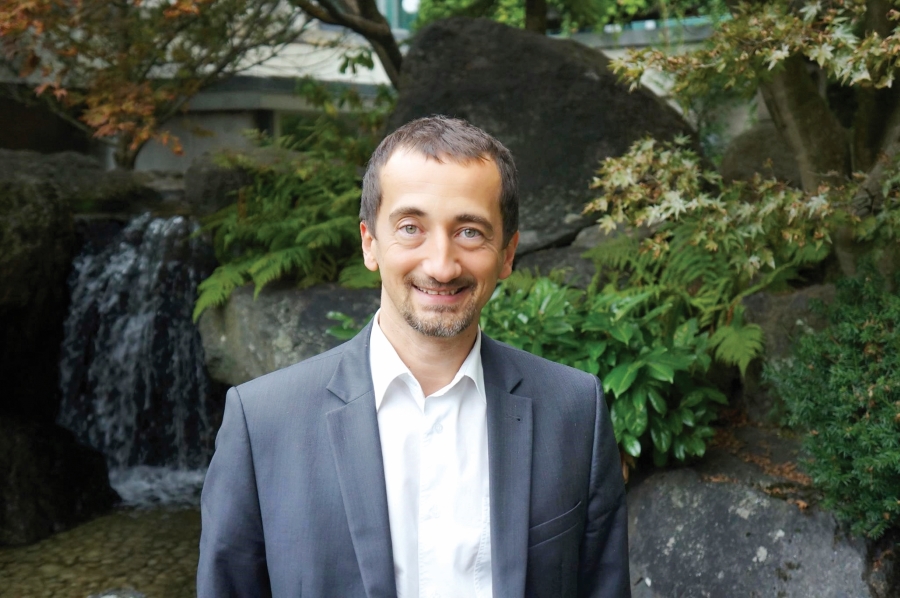
What does a typical week at WHO look like for you?
A typical week usually starts with a good plan and ends up accommodating everything else that’s not in the plan; expect the unexpected. A common thread that underlies all our activities however is teamwork: we plan together, work collaboratively and support each other whenever the situation requires it. Managing programs and keeping people motivated and on track means good planning and vision, good resource management (time, money and people) and good communication. Therefore, a lot of time is dedicated to planning, monitoring, evaluating and learning, so that we can measure, improve and advance.
What are the most challenging aspects of working for such a vital organization, especially during a crisis?
My current work is not directly related to the COVID-19 response, but two aspects are challenging during this type of crisis. First, practical difficulties resulting from lockdowns and travel restrictions. These compel us to move important chunks of our work to a virtual environment, requiring enhanced communication and organizational skills, patience and flexibility. A part of our fieldwork cannot take place, as resources are rightfully reallocated to the global health emergency response. The second challenge is related to the first: the disruption caused by the pandemic on health systems makes it harder for national programs to continue as planned, including our research and capacity strengthening projects. We are trying to measure this impact, which is expected to be higher in resource-limited settings.
Could you comment generally on the interplay between conviction and humanitarian aid work?
When you’re an idealist you want to see your work directly helping to achieve a noble goal, such as saving lives or reducing poverty – and this is also common among people who work in hospitals, fight crime, or put out fires. Personally, I feel strongly motivated by the objectives of my organization, but when I was working in the private sector I also believed we were improving the lives of those who used the products we invented or developed and I felt equally motivated. I think it has to do with work ethic and doing the best you can in any setting. A strong emotional involvement, like anything in excess, can have detrimental effects on staff, causing burnout or depression if the work-life balance is neglected. I’ve seen it happen in the past.
What are the similarities and differences between working at an NGO and a private enterprise?
In both places you aim for results. In the private sector you aim for products, ROI, EBIT, market share, dividends. Whereas, in an intergovernmental organization you aim for impact, positive outcomes of your interventions, recognition of your work and donor satisfaction. Value for money applies to both sectors, whether it’s doing more things with the same budget to create more impact in the public sector or putting money back in the pockets of the investors in the private sector. Both require good management and best practices. When I first joined the WHO I thought there was a lot of bureaucracy, but soon I realized those processes were there to ensure good accountability, transparency and to prevent mismanagement. This does not mean big private firms cannot be bureaucratic – they generally are, that’s why there is a need for Lean, Lean-Sigma and other management methodologies.
What qualities do you think people need to have in order to work in the public sector?
I think they are the same as for the private sector: in both you can find people who are highly motivated and performing well, others who have lost their motivation and need a change in their life, and in-between you have people who deliver as expected and nothing more. Desirable qualities include technical proficiency (just as in the private sector or in universities), soft skills (perhaps more in terms of tact, diplomacy and foreign languages), a willingness to contribute to a goal or a cause and to follow very stringent rules of conduct so that you don’t compromise the image of the organization. Often, they also require 50% travel availability and sometimes relocation.
Where would you like to go from here? What’s your ultimate goal?
I would like to work on projects to strengthen research ethics oversight in countries that need it most. This would facilitate the dissemination of good practices in research ethics and would contribute to further protect study subjects’ rights and wellbeing. It would also ensure that research is conducted with integrity and that the results are attributed to those doing the work, as well as improving the lives of the communities where research is conducted. I have already started with some small projects in this area and the results are encouraging for a bigger, more impactful project.
Accelerate your career with EU Business School
Michael’s MBA at EU’s Online campus complemented his existing business experience and medical background to further strengthen his outlook within the World Health Organization. To accelerate your own success, explore the programs we offer at EU Business School from bachelor’s to MBA level at our campuses in Barcelona, Geneva, Montreux, Munich and online. Our faculty are business professionals who teach both theory and practical knowledge to help you hit the ground running after graduation.


